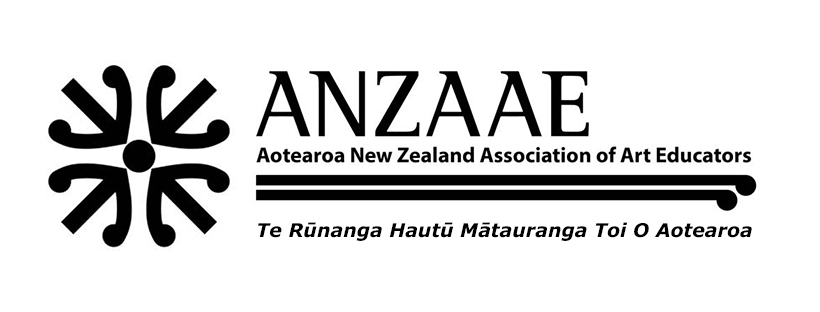Resource Collections
Lesson Plan
all
|
Activities
|
Publications
I
Resources
|
Videos
|
Websites
A collection of Lesson Plans support kaiako with the planning and delivery of teaching and learning
-
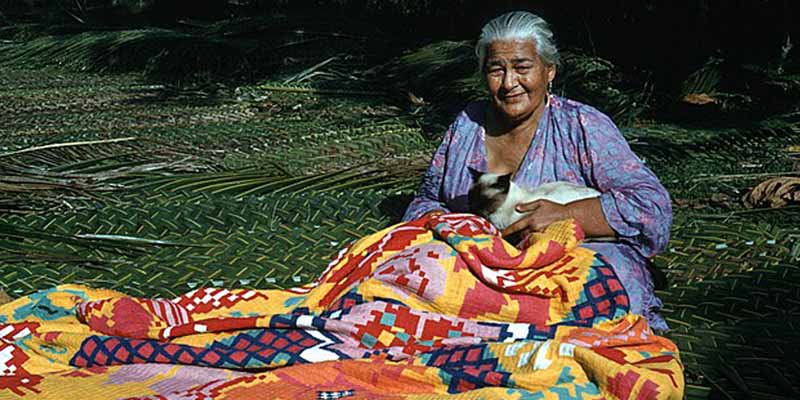
Tivaevae Activity
An activity for primary school students that uses paper to create Tivaevae patterns.
-
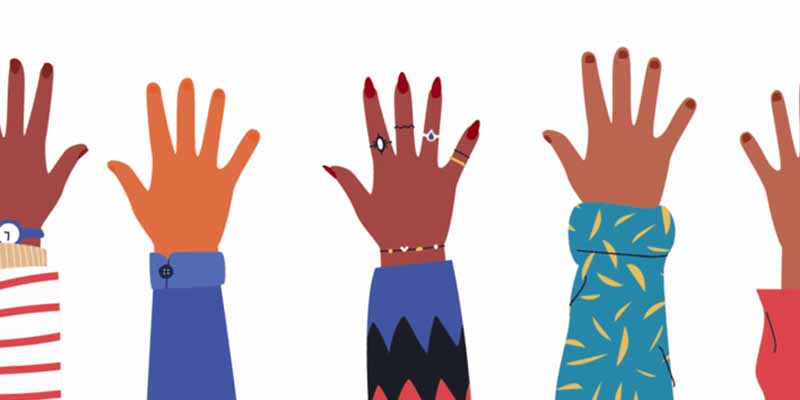
Decolonising thinking, being and relating
This teaching unit engages with the effects of colonisation on indigenous ways of knowing, relating and being. It then engages with current indigenous whenua (land) and moana (ocean) struggles as…
-

Global Citizenship from a Māori Perspective
In this series of learning experiences, we will be developing mindsets for understanding, knowing and acting as global citizens from a Māori perspective in an authentic way. Consequently, these experiences…
-
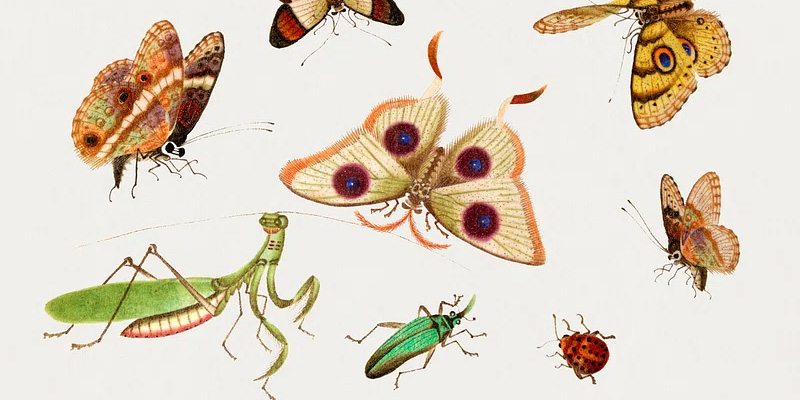
Insect Anatomy and the Scientist as Illustrator (Y7-8)↗
Students observe live insects and examine insects depicted in a seventeenth-century drawing. They identify characteristics of an adult insect. They collect and draw live insects, incorporating a variety of shapes…
-
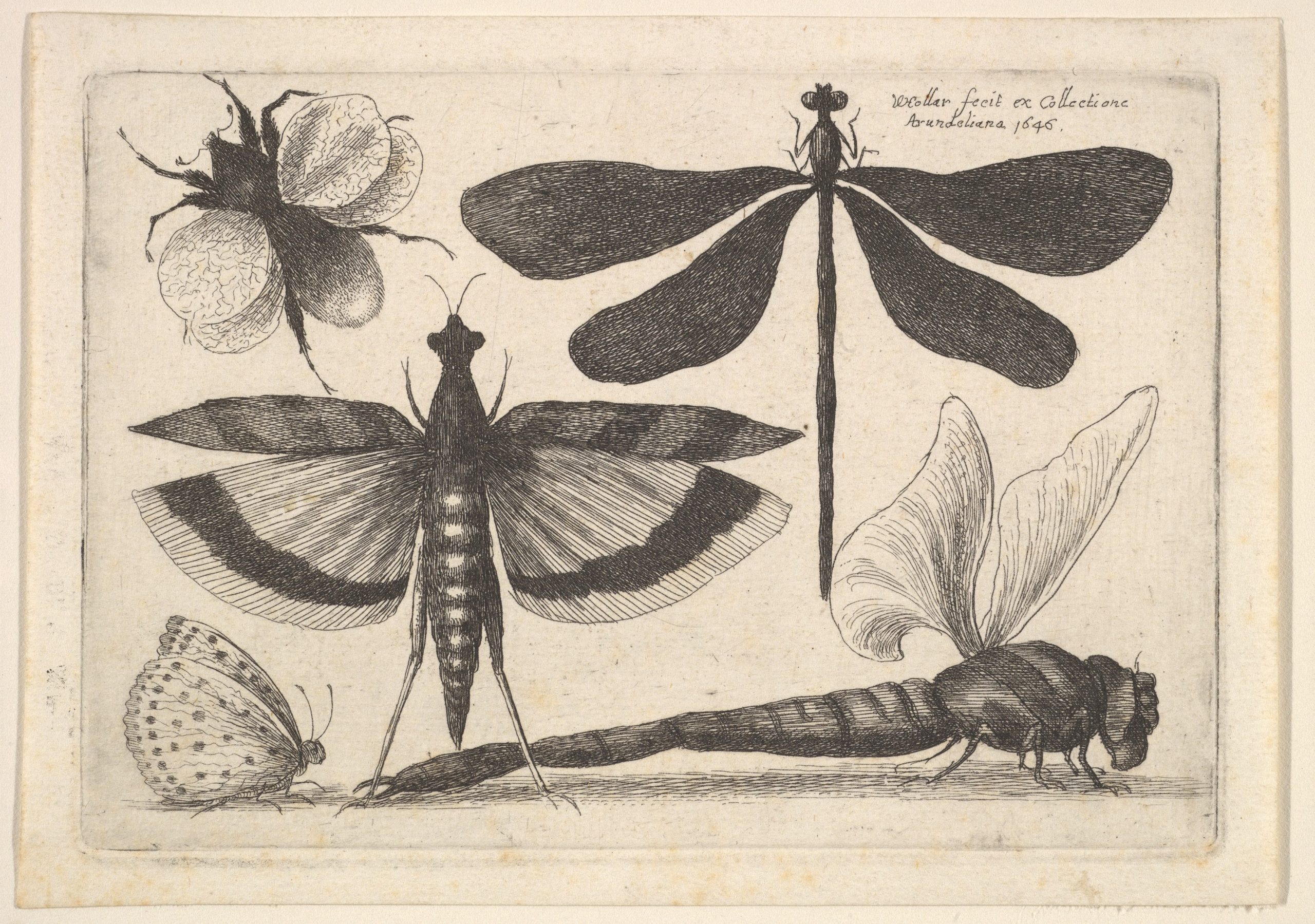
Insect Anatomy and the Scientist as Illustrator (Y9-10)↗
Students study insects depicted in a seventeenth-century drawing. They research winged insects, identifying unique characteristics and those common to all insects. Students closely observe winged insects and create detailed drawings…
-
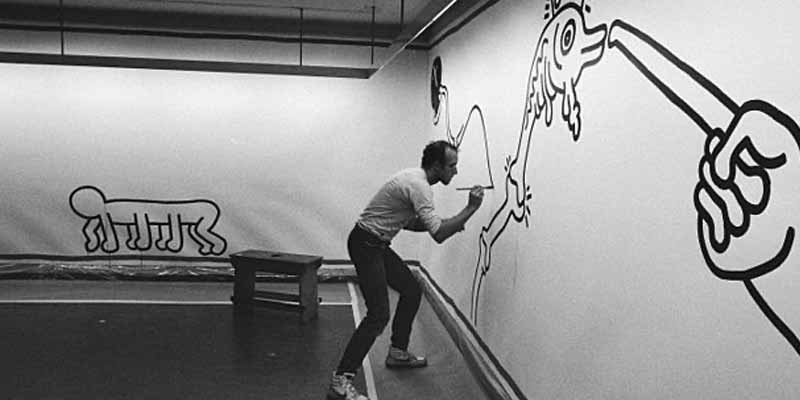
Keith Haring: Lesson plans↗
External link:” We have gathered our lessons from education departments at Museums that have hosted Keith Haring exhibitions or have received funding from us for special projects, from some of…
-
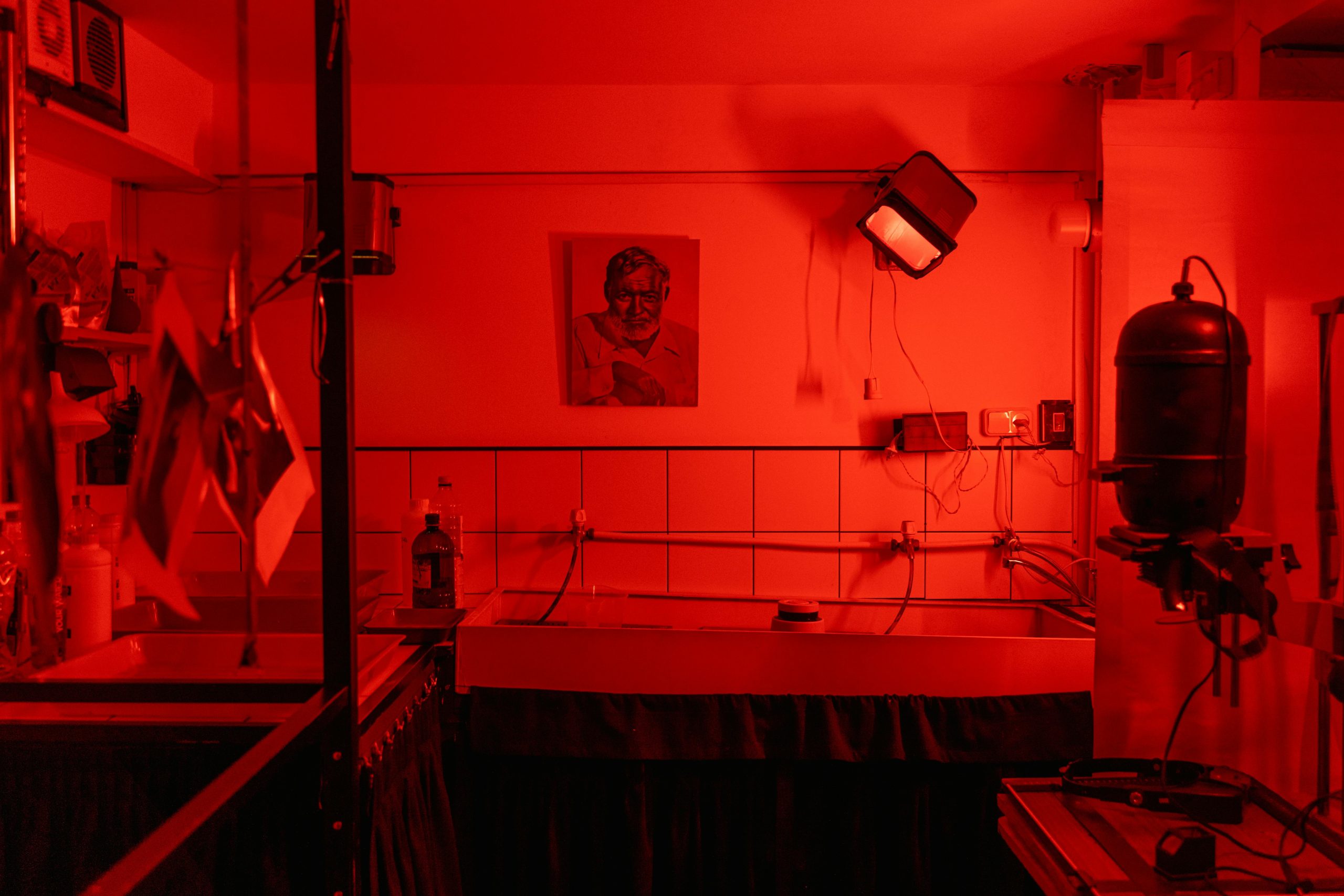
Capturing light: Creating pinhole cameras (Y11-13)
Students create and use pinhole cameras to understand how artists use and manipulate light to capture images in photographs. They shoot and develop photographs made with pinhole cameras.
-
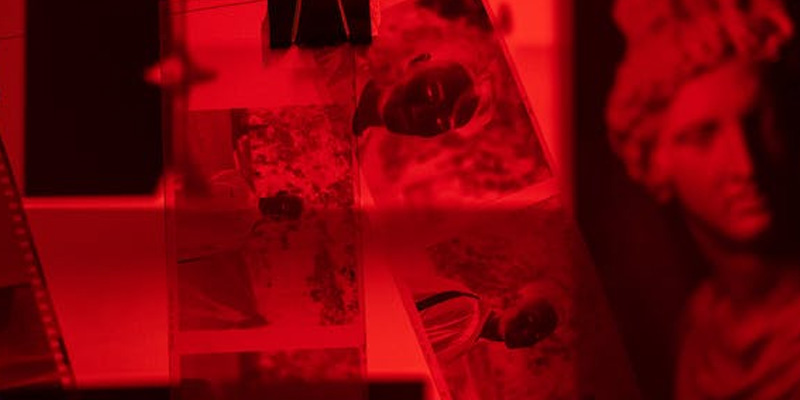
Capturing light: Creating pinhole cameras (Y7-8)
Students create pinhole cameras to understand that light travels in a straight path. They describe the lines and shapes in photographs of a building and then use their pinhole cameras…
-
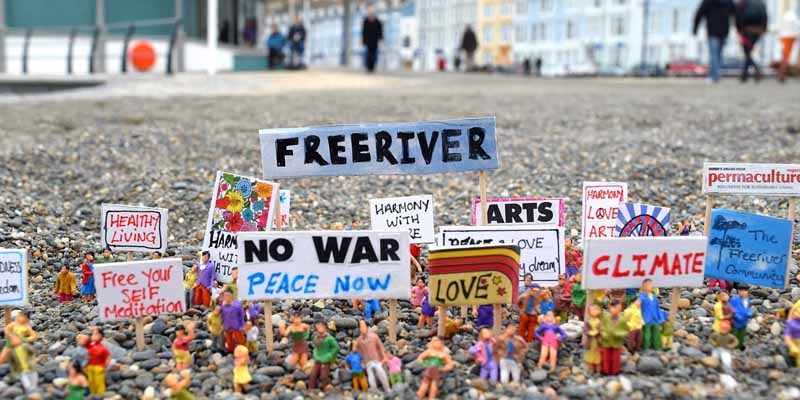
Lesson plan: How do systems of power repress voices of dissent?
In this lesson, students discuss different modes of political protest, and use their understanding of the history of pamphleteering to deconstruct the style, argument, and effectiveness of zines. Written by…
-
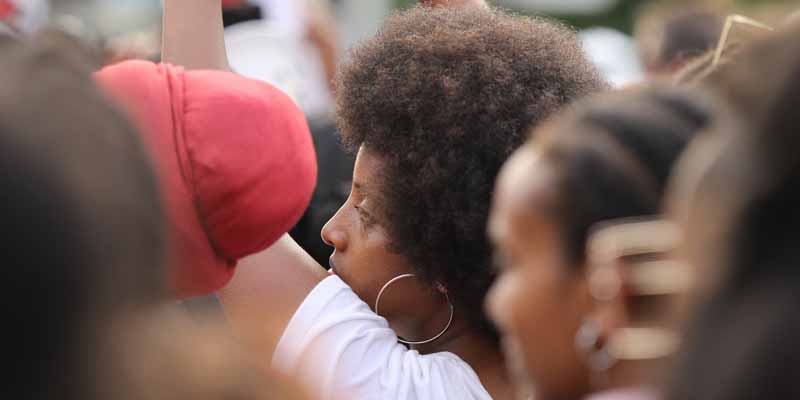
Lesson plan: Why zines? How those outside the mainstream be heard?
In this lesson, students explore the ways in which self-published zines can be used as a form of political protest. Written by Melissa L. Jones at Barnard College Library.
-
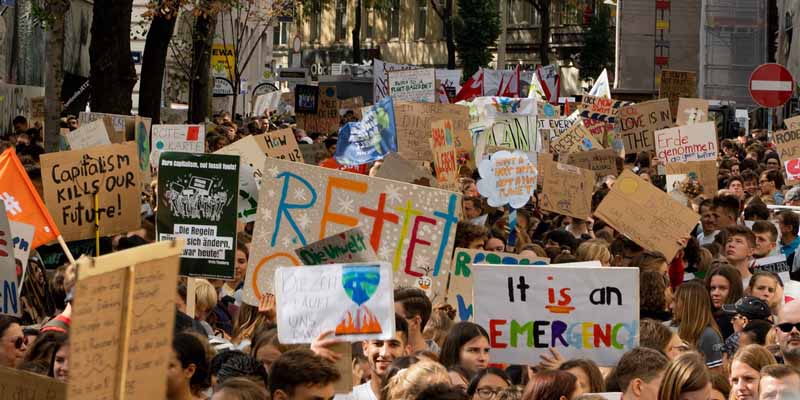
Lesson plan: What is a zine? What is the value of protest?
In this lesson, students explore the ways in which self-published zines can be used as a form of political protest. Written by Melissa L. Jones at Barnard College Library.
-
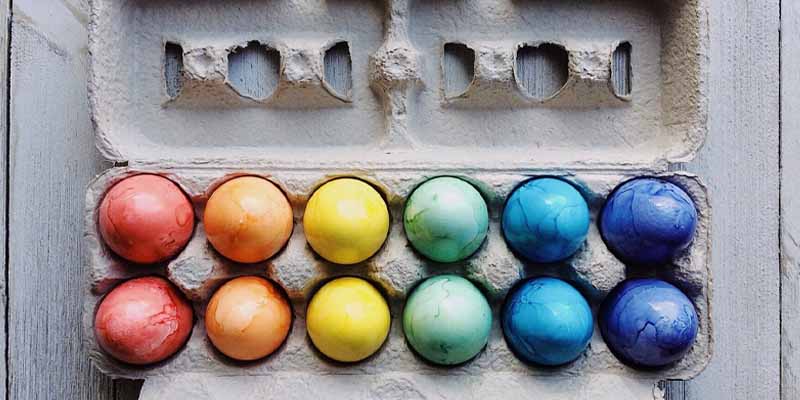
Egg Carton Owls
A lesson plan to coincide with the picture book ‘Wow said the Owl’ where students design their own owl.
-

Steve Rhall: CULTURE + HISTORIES = PLACE
This is a resource for school-based units to be adapted and extended for primary and secondary students, centred upon an investigation of artist Steven Rhall’s practice. It includes several activities…
-
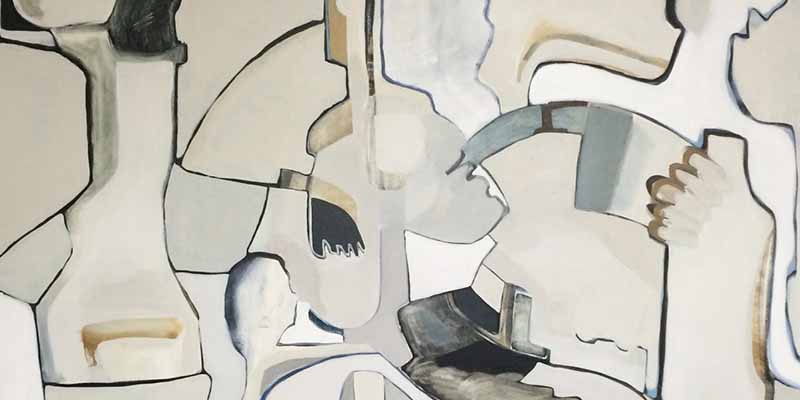
Intuitive Composition: Painting from process↗
External link: A lesson plan created by ACCA that is adaptable to both primary and secondary level students centred upon the methods that artist Kirsty Budge uses to generate paintings.
-
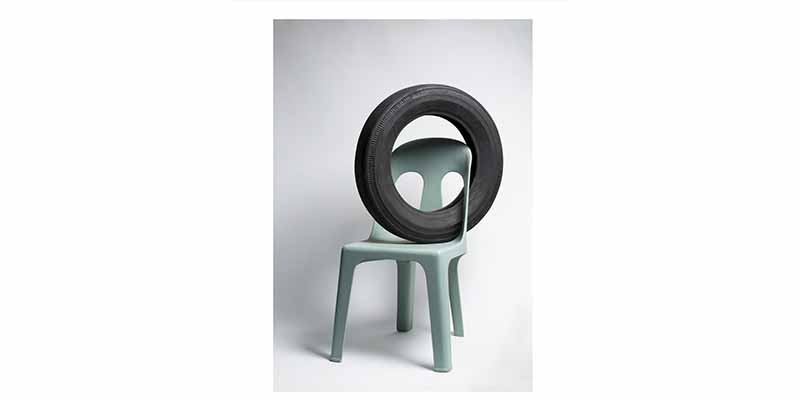
SUCCESSIVE SELVES Multilayered, Photographic Self-Portraiture
A lesson plan that is adaptable to both primary and secondary level students inspired by the methods that artist Rushdi Anwar uses to generate his layered collage artworks.
-
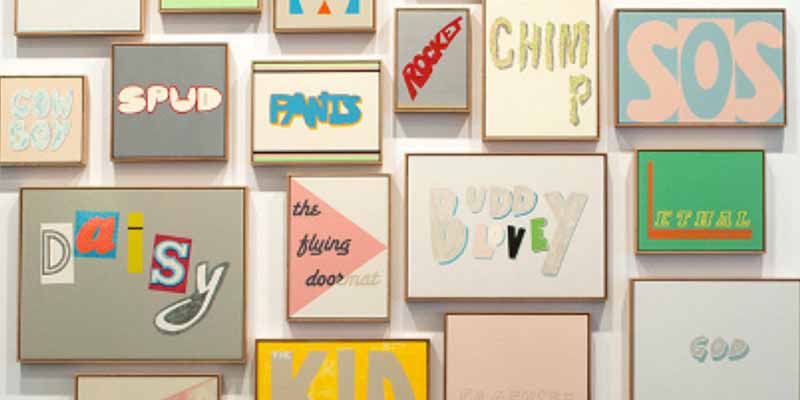
Jon Campbell: TEXT, IMAGE & LANGUAGE↗
External link: A lesson plan to be adapted and extended for primary and secondary students centred upon an investigation of Jon Campbell’s practice and the creation of an artwork inspired…
-
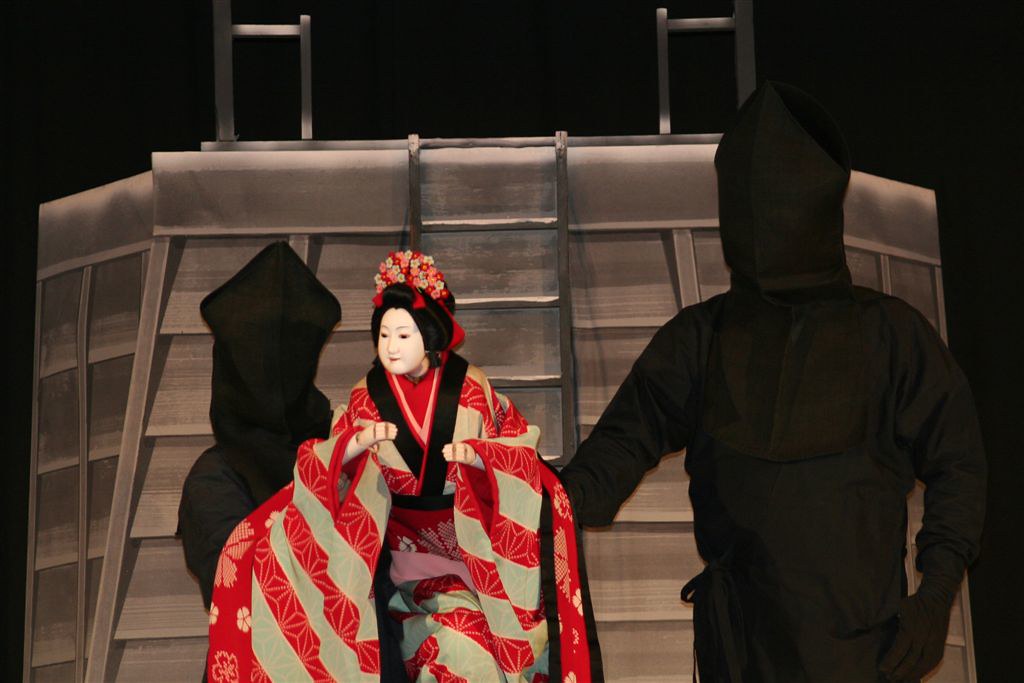
Bunraku Puppetry ↗
External link: “Year 4-6 unit explores Bunraku Theatre and Japanese puppetry. At the conclusion of this 10 week unit, students will work collaboratively to perform their own bunraku play.”
-

Mindfulness – creating a miniature Japanese rock garden ↗
External link: “This Y4-8 arts mini-unit has been developed by Asia New Zealand Foundation for students to practice mindfulness while designing and creating their own miniature Japanese rock garden.”
-
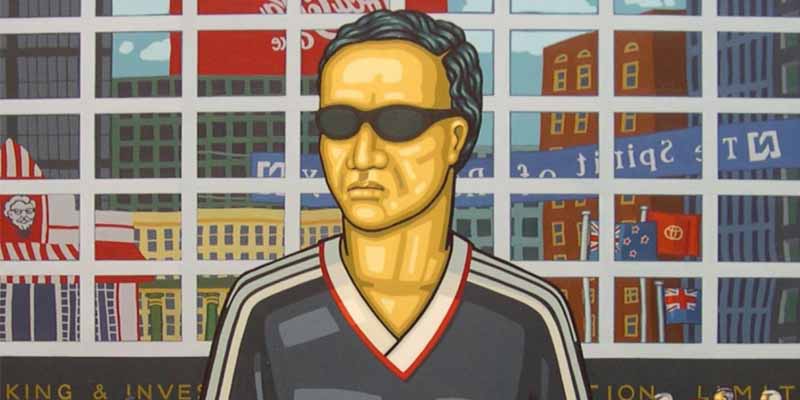
Suter Gallery: Portraits from the Suter’s Collection
A lesson sequence that focuses on portraits in the Suter Gallery which can be adapted to your own setting.
-
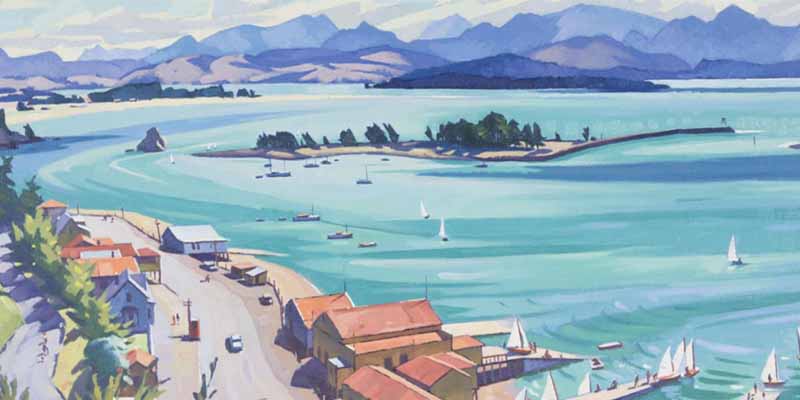
Suter Gallery: My Place in Art
“Students will explore landscape art which shows their region. They will think about their associations with local places before looking at why and how artists show landscapes in art.”
